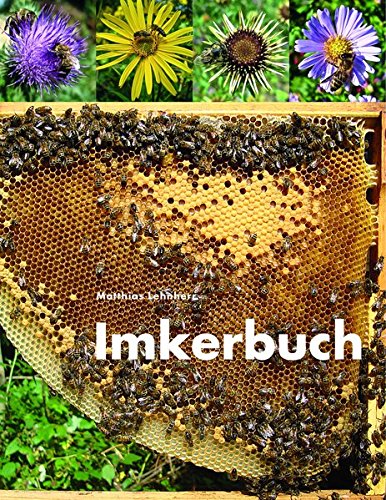Newsticker
- Apitherapie-Tagung 2020; Erfahrungen mit den vielfältigen Wirkung der wertvollen Bienenprodukte
- LH07vk20N / LH07vk20W | Melezitose -Waldhonig
- Honigsüss Wissen & Rezepte - Die Bienen - Der Honig - Der Genuss
- Mraz, Charles (2019): Bienen für unsere Gesundheit
- Tamara Yuanita, Sri Kunarti, Nanik Zubaidah (2019): East java extract propolis as potential intracanal medicament in experimentally induced chronic apical periodontitis
 Lehnherr, Mathias (8. Aufl. 2017) [1992]: Imkerbuch
Lehnherr, Mathias (8. Aufl. 2017) [1992]: Imkerbuch
Imkerei & Landwirtschaft
Königinnenzucht
Pollen
Apimondia 2017 Istanbul
Honig
Zucht



